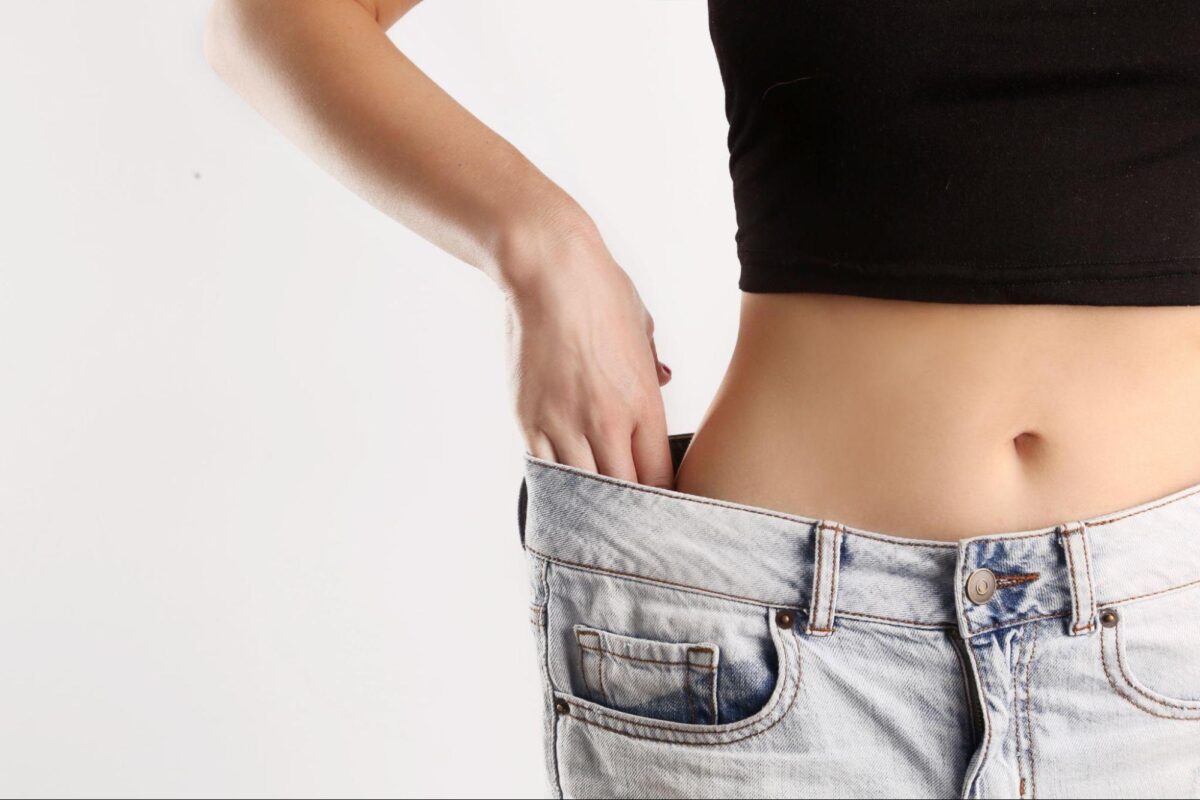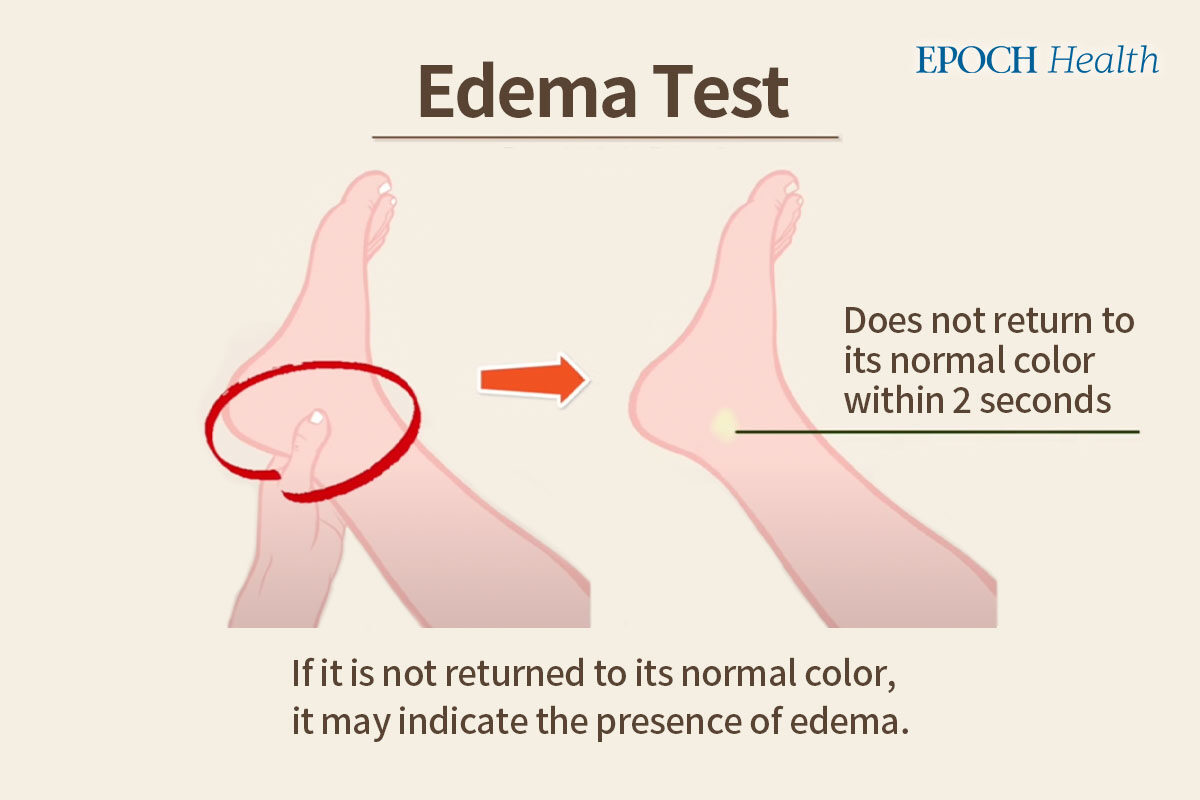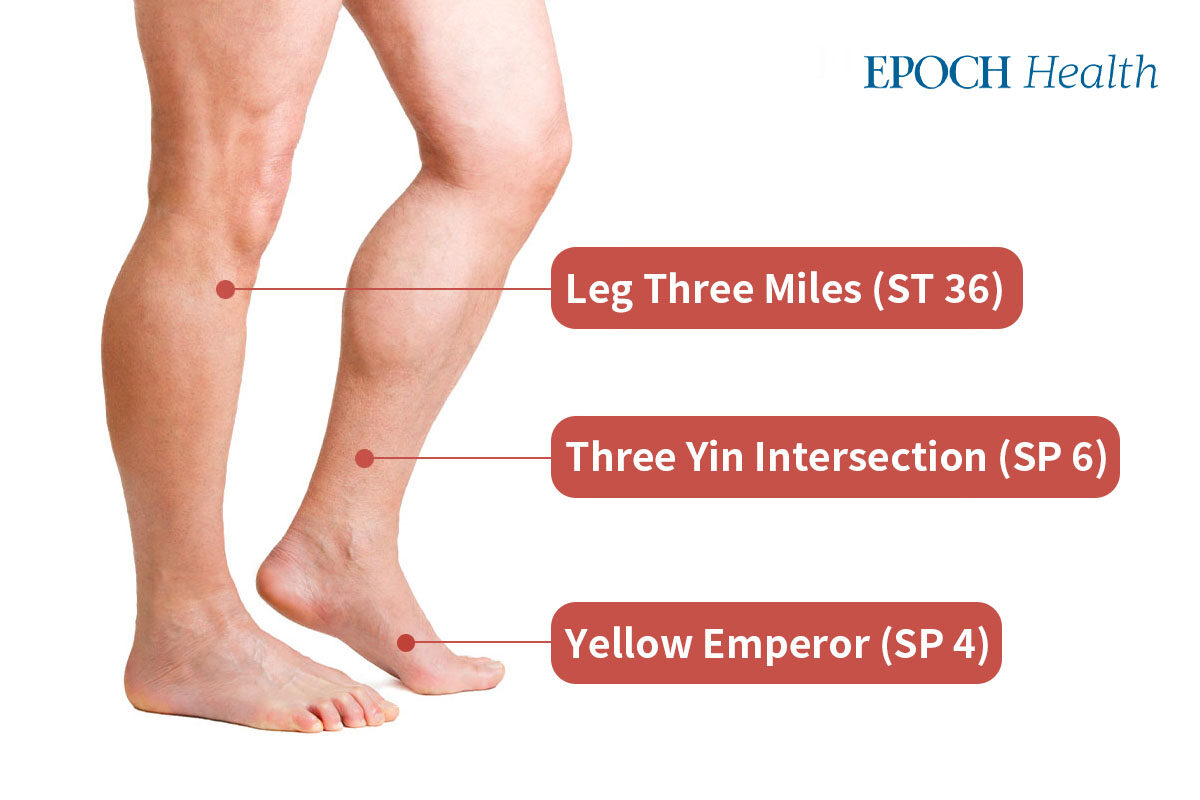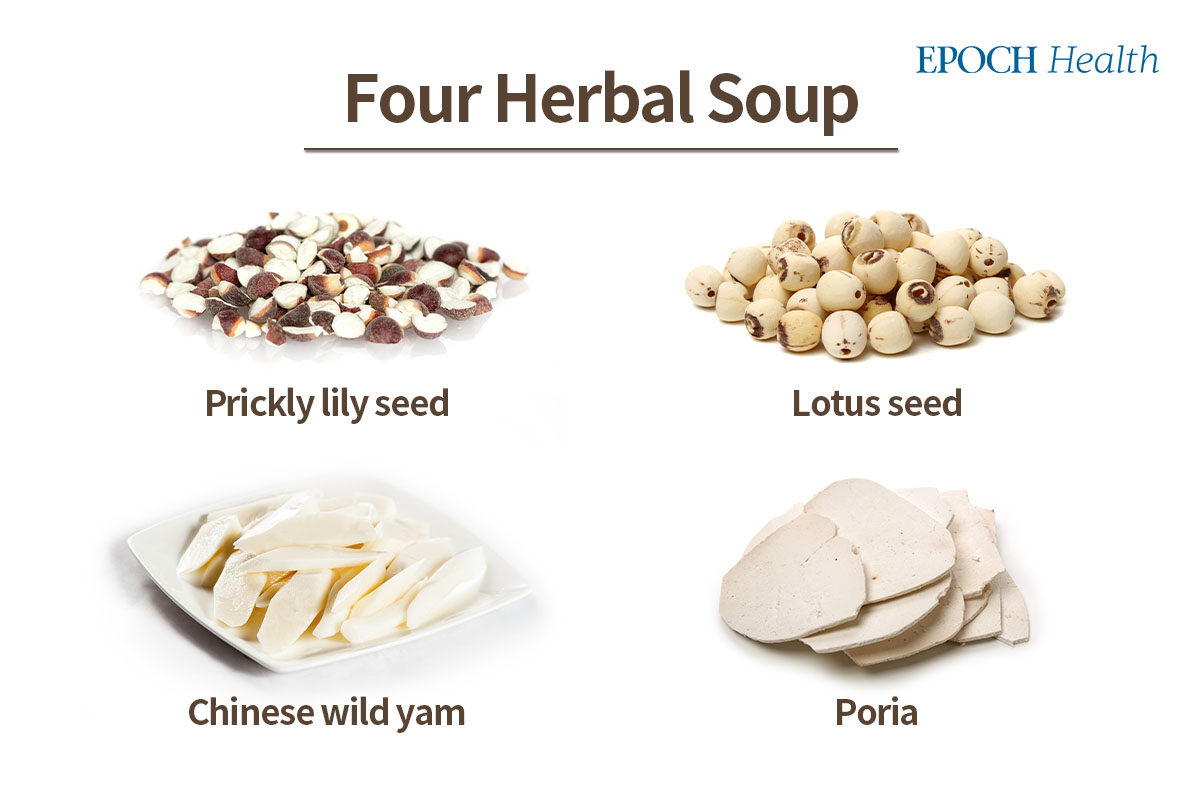


There are different types of weight gain, and one is due to water retention in the body. Individuals with this type of weight gain appear heavy and swollen, are often fatigued, and typically have body odor.
Weight gain resulting from excessive internal dampness differs from overweight or obesity from muscular and fatty weight. This type of weight gain is pathological and should not be ignored.
Luckily, the human body has its own “dehumidifier.” This article will help you learn and apply traditional Chinese medicine (TCM) acupressure and meridian tapping techniques to activate this dehumidifying function, eliminate internal dampness, reduce swelling, and achieve natural and healthy weight loss.
Overweight and obesity can be categorized into three types: muscular, fatty, and edematous weight (swelling).
You fall into the category if you have a large frame with strong and well-developed muscles. This type of overweight is considered normal and not necessarily unhealthy. People of this type generally do not need to lose weight, and even if they try, it is challenging to reduce their body weight. These people should just work to maintain their weight.
Many people have excess fat on the surface of their organs, visceral fat. This is overweight due to excess fat.
If you want to lose weight, please refer to our article, “Japanese Surgeon Loses 60 Pounds in 18 Months by Cutting 1 Meal Weekly.”
I received feedback from a viewer who skipped one meal per week and lost almost 9 pounds (4 kilograms) within three to four weeks. This demonstrates the effectiveness and safety of this healthy and burden-free natural weight loss method.
This is not caused by excess muscles or fat but by excess water. This kind of overweight is usually related to the health condition of one’s heart, liver, or kidneys, and it requires specific diagnosis and treatment from a TCM practitioner. However, individuals can also reduce dampness, eliminate swelling, and lose weight through acupressure and meridian tapping.
Firstly, you can self-test by using the “skin pressing” method, or edema test. Edema is swelling caused by excess fluid.
Extend a finger and press down on the ankle. If the pressed area of the ankle turns white and does not return to its normal color within 2 seconds, it may indicate the presence of edema.
Edematous weight can be identified by facial and body swelling and pale, loose skin, particularly noticeable in the afternoon when feet become swollen. In addition, individuals may also experience the following symptoms:
- Strong body odor, particularly noticeable when sweating
- A “heavy” feeling in the body, excessive sleepiness, and fatigue
- Prone to eczema and itching
- Constant feeling of phlegm in the throat
- Increased vaginal discharge in some women
TCM has observed a condition where a person may look fat or thin at different times of the day. Sometimes these individuals appear chubby in the morning but have a slimmer face in the afternoon, but their feet become swollen.
Another example is when people remove their shoes and sit cross-legged during a long flight, only to struggle to put them back on due to swollen feet. These issues are often caused by water retention resulting from an imbalance in the spleen and stomach.
Most people experience water retention due to a sedentary lifestyle or excessive consumption of raw vegetables and cold drinks. Incorporating more physical activity and making dietary adjustments to address these issues is recommended.
The body’s internal dehumidifiers are the spleen, lungs, and kidneys. They can eliminate dampness from the body.
The spleen is in charge of all the body’s dampness and draining and eliminating dampness. From the perspective of Western medicine, the spleen seems to play a minor role, but Chinese medicine regards it as a vital digestive organ. The kidneys control the body’s blood or lower body water, while the lungs control the upper body water and dampness. If the spleen is nourished, the kidneys and lungs can drain water from the upper and lower body, naturally reducing swelling and weight.
Simple massage techniques and tapping on specific acupoints can be beneficial to combat water retention and edematous weight.
1. Leg Three Miles (ST 36): Located four finger-widths below the anterior border of the tibia
2. Yellow Emperor (SP 4): Located on the foot’s inner side, about 1 inch behind the base of the first metatarsal bone, at the junction where the skin changes color
3. Three Yin Intersection (SP 6): Located 3 inches above the inner ankle, about four finger-widths. This regulates the body’s endocrine system.
Regularly massaging these three acupoints helps maintain a healthy spleen and facilitates the elimination of excess moisture.
Massage each acupoint alternately about 30 times, applying gentle pressure for approximately five seconds each time. Perform this massage at least once in the afternoon and once in the evening. Individuals who work in the office and experience leg swelling in the afternoon should massage these acupoints sitting cross-legged.
The inner sides of the legs contain three yin meridians: liver, spleen, and kidney. Tapping along these meridians will regulate the liver, spleen, and kidneys, assisting in eliminating excess moisture and resulting in the slimming of the legs and body.
- Gently tap along these three meridians, using the palm of your hand in a hollow manner, starting from the root of the thigh and moving down to the ankle.
- Repeat the tapping exercise 30 times, alternating legs.
The following food remedies promote urination (diuresis) and reduce swelling. The ingredients are available in Asian supermarkets or grocery stores.
Job’s Tears water is water boiled with barley, which has the effect of relieving heat, removing dampness, and detoxification.
Four Herbal Soup is often used in TCM and comprises prickly lily seeds, lotus seeds, Chinese wild yam, and Poria mushrooms. Adding prickly lily seeds and Poria enhances the diuretic effect. Adding more Poria tonifies the spleen and stomach.
In TCM, red beans, or adzuki beans, have diuretic properties. Drinking red bean soup helps reduce swelling and promote urination.
Winter melon has a cooling nature. Adding ginger to the soup provides a warming effect.
This is an effective diuretic and also reduces swelling. Adding a small amount of licorice is recommended.
Shenyang Yiwei Decoction is another commonly used prescription that promotes diuresis, which builds upon the Liujunzi Decoction by adding herbs such as Astragalus root, peony, Saposhniovia divaricate root, and Alisma. Alisma has diuretic properties and is beneficial for kidney-related conditions and water retention.
*Note: Some herbs mentioned above may sound strange, but many are available in health food stores and Asian groceries. In addition, each person’s body constitution is different, so the corresponding treatment method is also different; please consult a professional doctor for specific treatment options.



